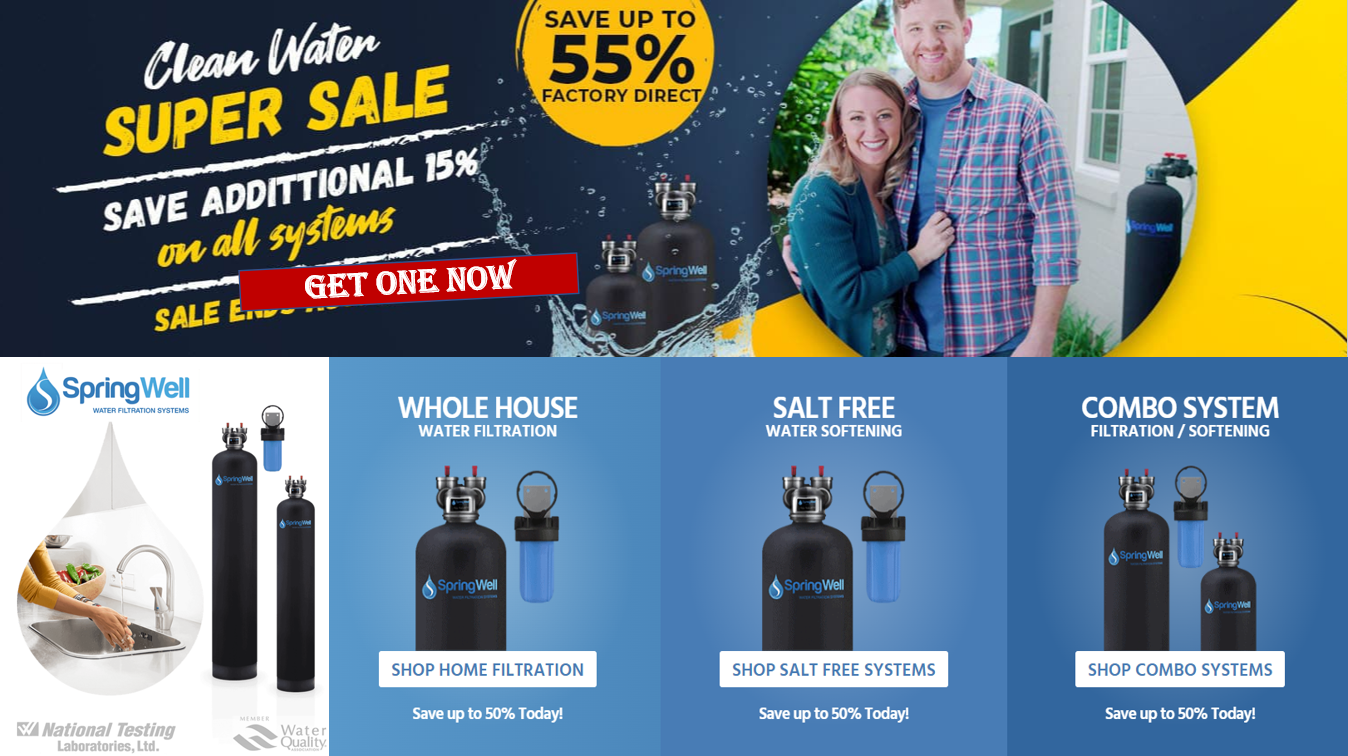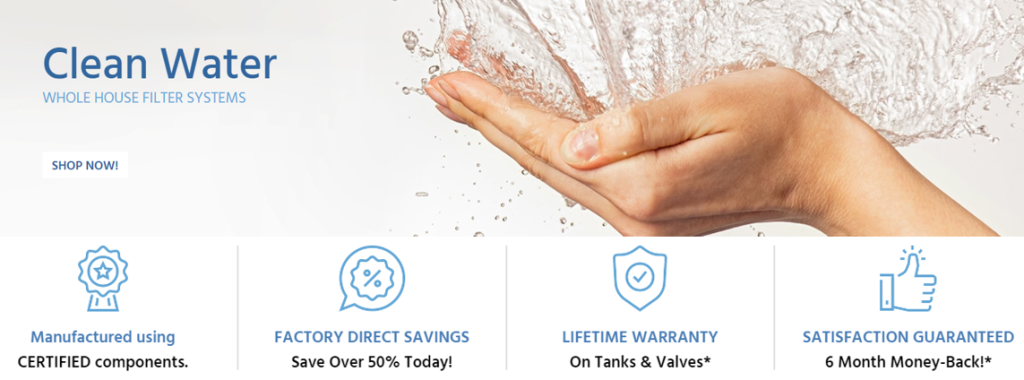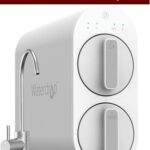No, water softeners are not bad for the environment.
Water softeners are not bad for the environment. In fact, they can actually help to protect the environment by reducing the amount of soap and detergent needed to clean clothes and dishes, and by reducing the amount of water needed to rinse off soap and detergent.
What Are Water Softeners?
Water softeners are used to remove minerals from hard water, making it softer.

Water softeners are devices that are used to remove hardness minerals from water. Hard water contains high levels of calcium, magnesium, and other minerals. These minerals can cause a number of problems, such as making it difficult to get soap to lather, leaving deposits on plumbing fixtures, and making it difficult to clean dishes and laundry. A water softener removes these minerals from the water, making it softer and easier to use.
Install a Home Water Filter & Get "Unlimited Safe Drinking Water" For Decades
Get Upto 55% Discount With a Lifetime Warranty & 6-Months Money Back Guarantee Free Shipping
SpringWell Water Filtration Systems: 100% American-Made & NSF Certified Water Filters and Water Softeners
There are a number of different types of water softeners, but the most common type uses ion exchange to remove the minerals from the water. Ion exchange is a process in which the minerals are exchanged for other ions, such as sodium or potassium. The exchange process is controlled by a resin bed, which is a chamber filled with small beads that are coated with the exchange ions. As water flows through the resin bed, the minerals are attracted to the exchange ions and are exchanged for them. The exchange process continues until the resin bed is full of minerals and needs to be regenerated.
Water softeners are an important part of many homes, especially those with hard water. They can make a big difference in the quality of your water, and make it easier to use and maintain your home.
What Do Water Softeners Do?
Water softeners remove minerals from water to make it softer.
Water softeners are devices that are used to remove hardness minerals from water. Hard water is water that contains high levels of calcium and magnesium. These minerals can cause a variety of problems, such as making it difficult to get laundry clean or causing scale build-up on plumbing fixtures.
Water softeners work by exchanging the hardness minerals for sodium ions. This process is called ion exchange. The sodium ions do not cause the same problems as the calcium and magnesium ions.
There are many different types and brands of water softeners on the market. They all work in basically the same way, but some have features that may be better suited for your needs.
If you have hard water, a water softener can be a great way to improve the quality of your water. It can also save you money by prolonging the life of your plumbing fixtures and appliances.
FAQ
How Do Water Softeners Work?
Are Water Softeners Bad For The Environment?
If you still have any questions about whether water softeners are bad for the environment, please leave a comment below.


